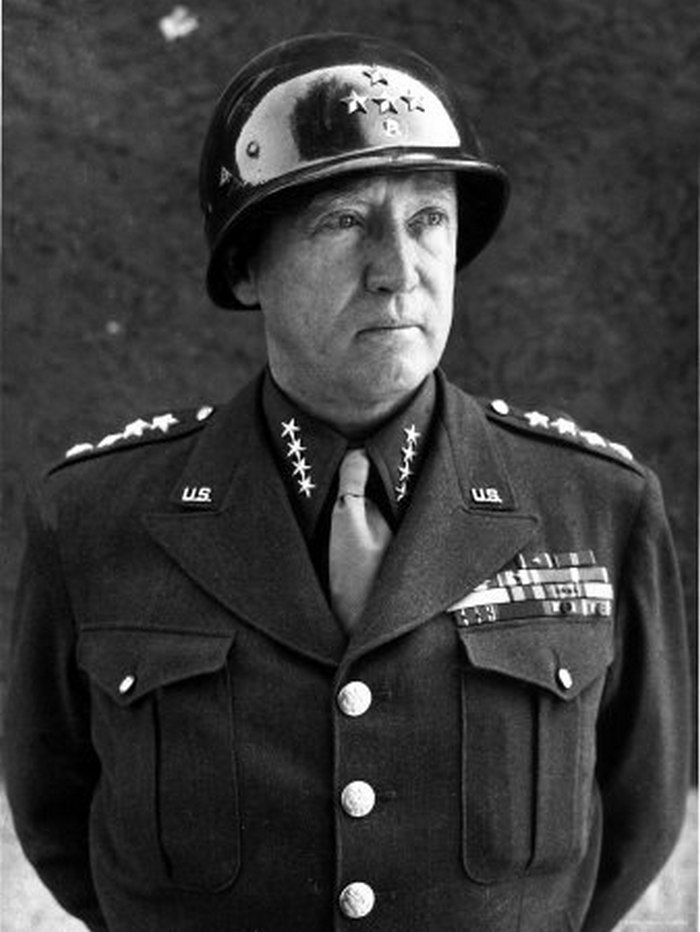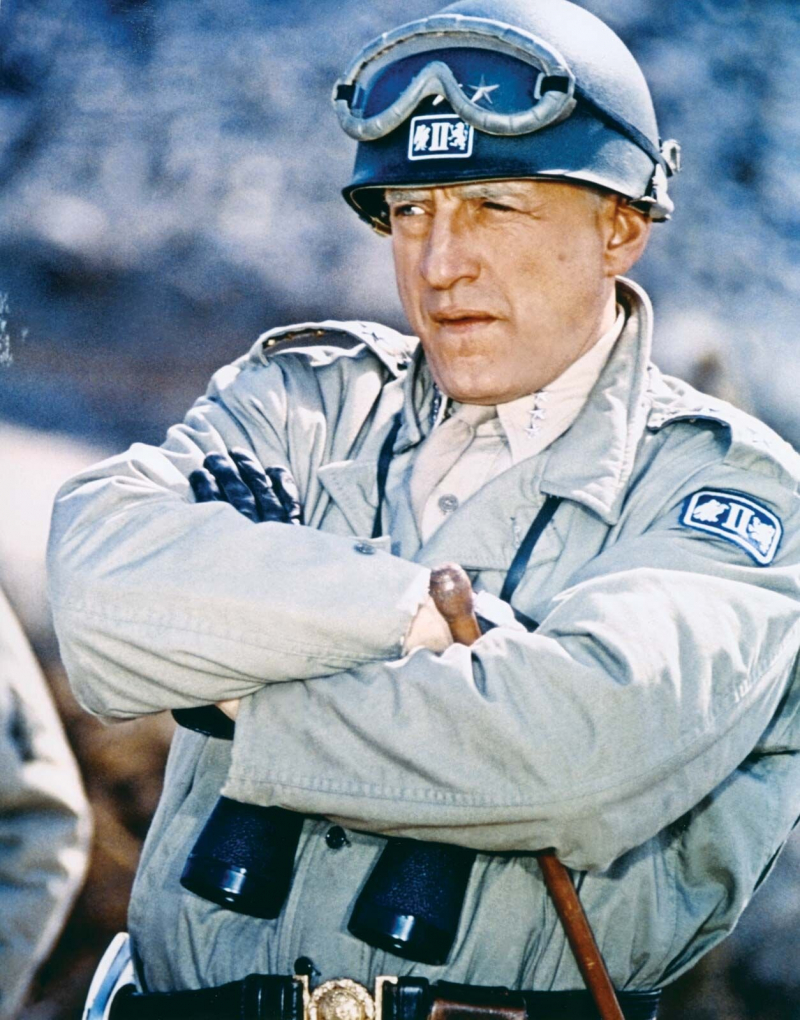General George S. Patton of U.S. (1885-1945)
George Patton was without a doubt one of the most contentious personalities of the Second World War. He spanked two of his subordinates who were suffering from PTSD during the Sicilian battle and told them to report back to the front lines. When Patton returned home, he received scathing criticism, and he was removed from his duties for 11 months until Eisenhower concluded that Patton's motivation and attitude would be useful in the European battle. He was well-liked by his soldiers notwithstanding his scandal. He was revered by those under his charge and was regarded as a soldier's soldier. He was able to make quick progress because of his aggressive strategies. In addition, he was a gifted general with creative problem-solving skills. Due to the Americans' links to the Sicilian mafia and their agreements with those attempting to obstruct Patton's approach to stand aside, the Allies were able to invade Sicily rather quickly.
Through the Normandy Breakout operation, General Patton fought his way toward the French border with Germany. His conflict with Field Marshal Bernard Montgomery reached a boiling point during the Lorraine campaign when both generals' forces ran short of gasoline. Both petitioned Eisenhower, who divided the reserves but gave Montgomery priority after receiving his Operation Market Garden plans.
The Allied advance encountered significant difficulties as a result of the German counteroffensive known as the Battle of the Bulge. Patton was charged with liberating Bastogne as he was stationed near the Saar River. Even though it was a very challenging operation given Patton's troop disposition, he was able to wheel 133,000 vehicles and six divisions north over the winter to quickly accomplish their goal. One of the most amazing logistical accomplishments for the cause of the Allies was unquestionably this.
After Germany's counteroffensive was unsuccessful, the Allies renewed their assault and penetrated Germany. Patton won praise and the well-deserved moniker "Old Blood and Guts" for his quick and brisk advance despite tenacious resistance. One of the most important military leaders of World War II, Patton stood out for his aggressiveness and skill.














